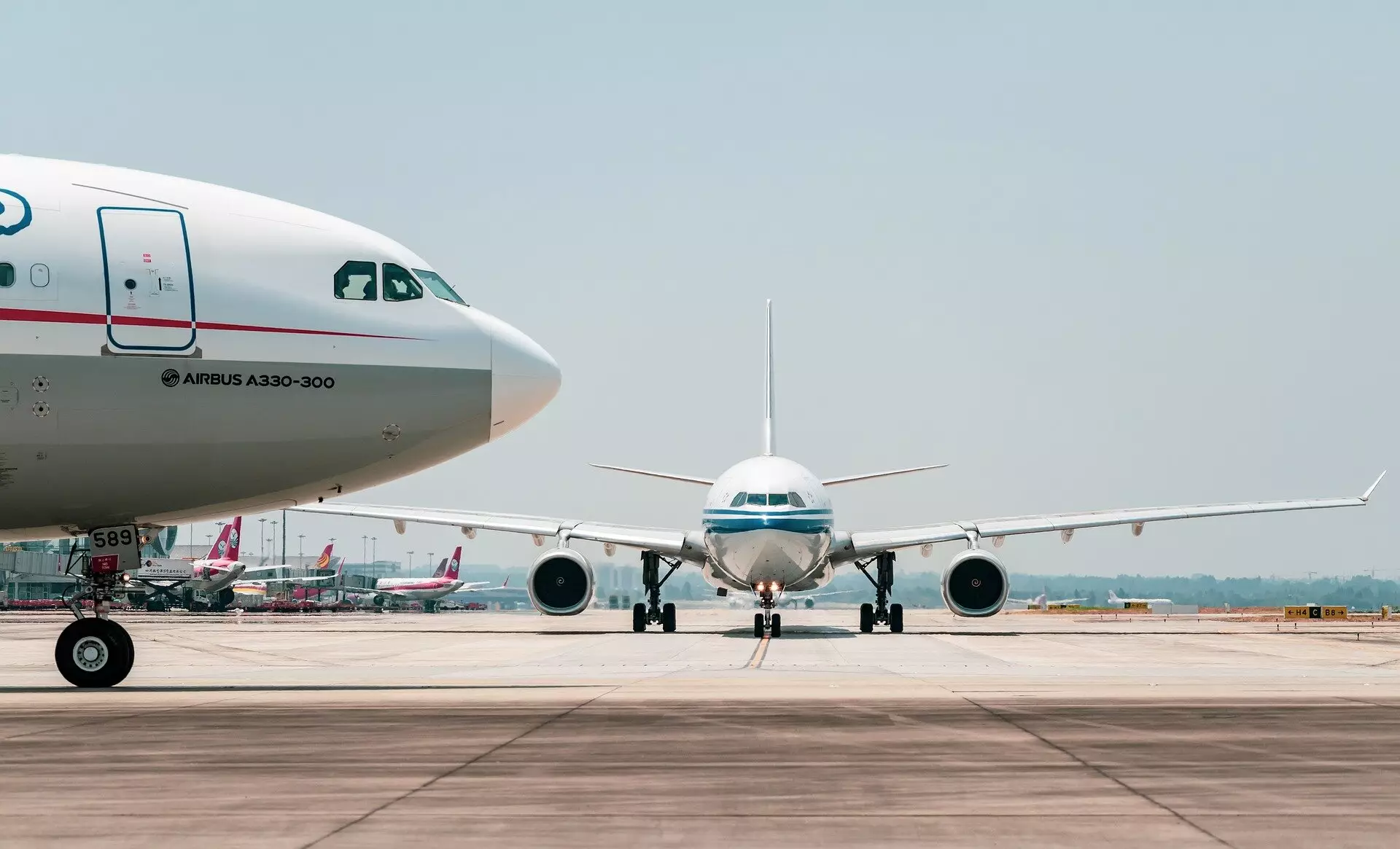

The aviation sector is at a critical juncture, grappling with the pressing need to reduce its carbon footprint. Despite optimistic pledges from both governmental entities and industry leaders, current trajectories indicate that the aviation sector is falling significantly behind in its journey towards achieving net-zero emissions by 2050. A recently revealed report by Cambridge University outlines a strategic five-year roadmap intended to recalibrate this industry towards sustainability and environmental responsibility. Titled “Five Years to Chart a New Future for Aviation,” the report provides an in-depth analysis of the hurdles faced by the aviation sector and presents four pivotal Sustainable Aviation Goals set to be accomplished by 2030.
One of the most striking suggestions in the report is the call for the immediate acceleration of a global contrail avoidance system. Contrails, those white streaks left by aircraft, have been shown to contribute significantly to global warming due to their potential to trap heat in the atmosphere. Implementing technology to manage these formations could cut aviation’s climate impact by as much as 40%. The recommendation emphasizes the importance of conducting large-scale experiments across extensive airspace regions. This would not only contribute to climate mitigation but also help gather critical data for shaping future aviation protocols.
Additionally, the report focuses on the need for implementing innovative policies intended to foster system-wide efficiencies within the aviation sector. It posits that significant reductions in fuel consumption could be achieved without requiring every individual company to tackle the entire efficiency landscape alone. This holistic approach to fuel efficiency can ultimately halve fuel burn by 2050, thus presenting a practical avenue toward sustainable operations.
Sustainable Aviation Fuel (SAF) emerges as another cornerstone of the Cambridge report. However, the document stresses that the current SAF policies must undergo substantial reforms. These reforms should take into account global biomass limits while also stimulating renewable energy production. By establishing well-defined guidelines, the industry will gain confidence to swiftly ramp up SAF production, thereby ensuring its sustainable application. The urgency of addressing SAF production cannot be overstated, as this fuel holds the key to integrating sustainability into aviation without compromising performance.
The report also advocates for various “moonshot” technology demonstration programs designed to catalyze the exploration of groundbreaking technologies. These initiatives would facilitate the rapid evaluation of the viability and scalability of innovative solutions, ensuring that the aviation industry is poised to adopt these developments as they mature. This proactive mechanism for technological assessment is not just a hopeful vision; it is a clarion call for the industry to align itself with the fast-paced advancements in technology and sustainability.
Developed by the Aviation Impact Accelerator (AIA) under Cambridge University, the report underscores the necessity for strategic partnerships and collaborative efforts among researchers, policymakers, and industry leaders. The specific strategies outlined will be shared with prominent stakeholders during events at the Sustainable Markets Initiative throughout New York Climate Week. Such collaborations are vital to bridging gaps, combining resources, and ultimately cultivating a shared vision for sustainable aviation.
Professor Rob Miller of the Whittle Laboratory aptly notes that the aviation industry stands at a crossroads reminiscent of the automotive industry’s transformative years in the early 21st century. Just as electric vehicles reshaped the future of transport, a concerted push towards sustainable aviation could redefine our air travel landscape.
Despite the advancements and suggestions posited in the report, it is crucial to approach such discussions with a balanced perspective. Eliot Whittington from the Cambridge Institute for Sustainability Leadership emphasizes the need to navigate the fine line between excessive optimism about current industry capabilities and pessimism regarding the environmental repercussions associated with aviation. This report, grounded in rigorous analysis and empirical data, illustrates that while the challenges are formidable, a path to net-zero flying is indeed achievable.
The roadmap set forth by Cambridge University is a comprehensive and ambitious endeavor aimed at realigning the aviation sector with global sustainability objectives. By acting swiftly and decisively on the outlined goals, the aviation industry has the potential to alter its course and contribute meaningfully to the fight against climate change. The time for action is now—no more empty pledges, only tangible change.
In the realm of software development, the ability to swiftly and accurately address bugs is…
The realm of quantum computing and communication is not just an abstract dream anymore; it…
In a remarkable leap for the field of material science, a collaborative research initiative has…
Throughout Earth's vast history, our planet has endured five major mass extinction events that reshaped…
Rainfall is a vital element of our planet’s hydrological cycle, yet many aspects of its…
On a night when the universe aligns, a mesmerizing phenomenon awaits: the appearance of the…
This website uses cookies.